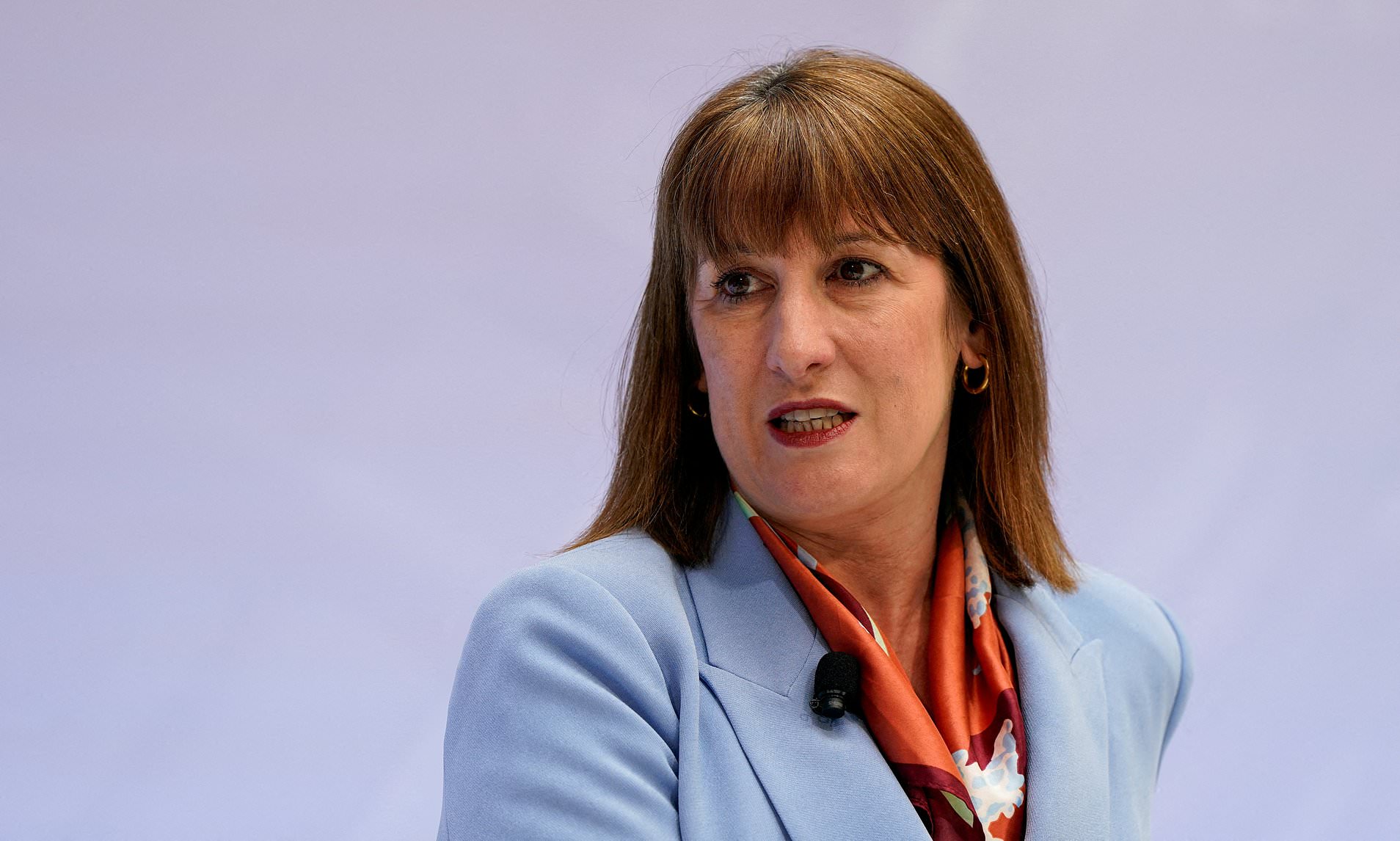UK Watchdog Warns Labour Can't Afford Its Promises

The UK's Financial Challenges and the OBR's Warning
The UK is facing a critical juncture in its economic journey, with the Office for Budget Responsibility (OBR) issuing a stark warning about the country’s financial sustainability. According to the watchdog, the government has made promises that are no longer feasible given the current economic landscape. This comes after several policy reversals, particularly in welfare and winter fuel payments, which have significantly impacted Labour’s fiscal plans.
The OBR highlighted that the UK is in a particularly vulnerable position compared to other nations that have taken quicker steps to address their public finances. Several factors contribute to this situation, including the threat of a global trade war, increased defense spending, and an aging population. These challenges are compounded by rising costs in healthcare and welfare, creating additional pressure on the nation’s budget.
Richard Hughes, chairman of the OBR, emphasized that the UK’s financial situation is unsustainable in the long term. He stated, "The UK cannot afford the array of promises it has made to the public." Hughes urged politicians to recognize the need for difficult choices and trade-offs, as these decisions will shape the country’s future.
So far, the burden of these financial pressures has largely fallen on families and businesses. Taxation is expected to rise to 38% of GDP in the coming years, marking the highest level since World War II. Despite this, the UK’s debt currently stands at approximately 100% of the size of its economy. If left unchecked, the OBR warns that this could escalate to 270% by the 2070s, a level the UK has never experienced before.
The report also noted that the UK faces some of the highest borrowing rates among advanced economies, trailing only New Zealand and Iceland. This could worsen as investors grow concerned about the country’s economic outlook. Additionally, the UK has the third-highest annual borrowing level and the fourth-highest debt among advanced European economies, further highlighting its precarious position.
The OBR pointed out that other countries have been more proactive in stabilizing their public finances following similar economic shocks over the past five years. This has allowed them to build resilience, while the UK has struggled to make meaningful progress.
Recent developments, such as the Labour Party’s retreat on welfare cuts, have added to the pressure on the UK’s finances. The party’s attempt to reduce the welfare bill faced significant backlash, leading to a humiliating climbdown that has raised concerns about the government’s ability to manage its finances effectively.
Productivity growth remains a key issue, with the UK lagging behind in efficiency per worker. A slight decline in productivity could wipe out the Chancellor’s £9.9 billion "headroom" against meeting her Budget rules, further straining the economy.
Another major challenge is the cost of achieving net zero targets. The state’s bill for transitioning to a low-carbon economy is expected to exceed £800 billion between now and 2050. This is largely due to the shift toward electric vehicles, which reduces fuel duties collected by the Treasury.
The OBR’s annual fiscal risks report revealed that the UK emerged from a series of economic setbacks, including the pandemic and energy crisis, in a relatively weak position. Efforts to balance the books have only achieved limited and temporary success. The report noted that planned tax increases have been reversed, and more significantly, planned spending cuts have been abandoned. This has led to a substantial erosion of the UK’s capacity to respond to future shocks.
In response, a Treasury spokesperson acknowledged the economic realities outlined by the OBR. They emphasized the government’s commitment to maintaining economic stability through non-negotiable fiscal rules, which have enabled investment in the UK and helped put more money into people’s pockets.
As the UK navigates these complex challenges, the path forward requires careful planning, difficult decisions, and a renewed focus on fiscal responsibility. The OBR’s warnings serve as a critical reminder of the importance of sustainable economic policies in ensuring long-term stability and growth.
Post a Comment for "UK Watchdog Warns Labour Can't Afford Its Promises"
Post a Comment